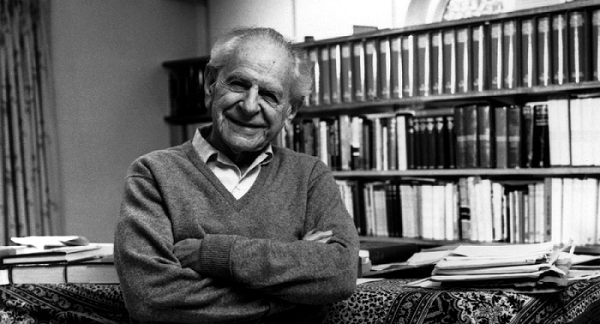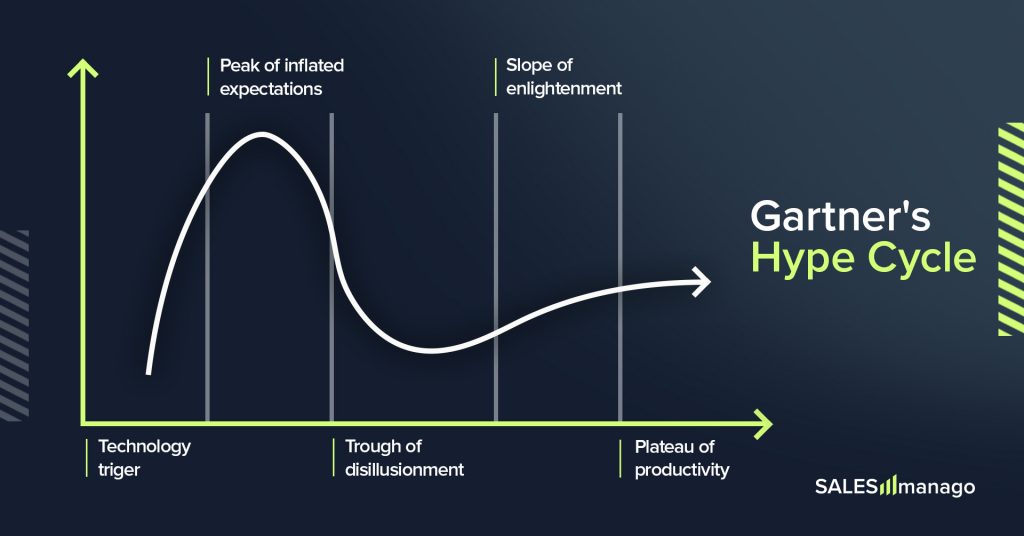
Do you want to “make a lot of money” in the new year? Or maybe you are planning to “improve your qualifications”? Come on, these plans can’t work by definition.
For hundreds of years, scientists have been convinced that the role of science is to gather evidence that a certain thesis is true. For example – let’s say that someone is a car company owner, who claims that a certain part of a new model will last 20 000 kilometers without any scratch. The testing team makes the first test, then the second, then the third… After many tests, they come to the conclusion that they have correctly verified their boss’s opinion about the strength of the car.
Karl Popper would totally disagree with that. The philosopher believed that we are unable to prove some general thesis, based on case-by-case research.
Even if we’ve done a million tests, there’s no guarantee that another won’t undermine our assumptions. Popper used the example of the sentence “all swans are white”. Europeans have seen only white swans for hundreds of years, but in the 17th century, black swans were discovered in Australia. This example can apply to everything – you never know if in the future something won’t refute our presupposition.
Popper stated that our goal shouldn’t be looking for evidence that our thesis is correct, but rather that it is false.
A million cases confirming our thesis can’t prove we’re right. But it only takes one case refuting the thesis to prove we’re wrong. In the second case our knowledge is not enhanced by the answer to the question “what it is?” but instead we discover “what it isn’t?”. A good scientist is someone who makes bold theses and then tries to disprove them. Progress is not about inventing new theories, it’s about overthrowing old ones.
But not every thesis and not every plan can make it into the Popperian criterion. The philosopher noted that from the perspective of his theory, some sentences make no sense at all.
If we plan to lead a “healthier life”, we are not really planning anything at all – because what does it actually mean to lead a “healthier life”? Can I consider this goal to be fulfilled if I continue to stuff myself with pizza, but change a Coke for a Diet one? This plan is unclear, as it is impossible to know precisely in which circumstances we can consider it to be fulfilled.
According to the Austrian thinker, each thesis must meet the so-called falsification criterion, i.e. have clear conditions in which it can be confronted with reality.
Instead of planing a “healthier lifestyle”, it’s better to plan a “good portion of exercises three times per week”, “to eat pizza only once a month” or “to eat vegetables every day”. These plans make sense, as you can clearly see when expectations don’t meet reality. You can apply this rule to better manage your company: “improving communication between employees” is a nice-sounding cliché that means nothing. If you want to make it meaningful, you have to formulate it precisely!
Popper also adapted his thoughts on science to political philosophy. He believed that the totalitarianisms of the 20th century were based on non-falsifiable goals that could never be achieved.
In his opinion, the unprecise formulation of its own views can be very harmful. As it turns out, the theory of falsification is important not only in hermetic laboratories but also in social practice. Nothing stands in the way of applying it to one’s own life and business.
 Follow
Follow

















